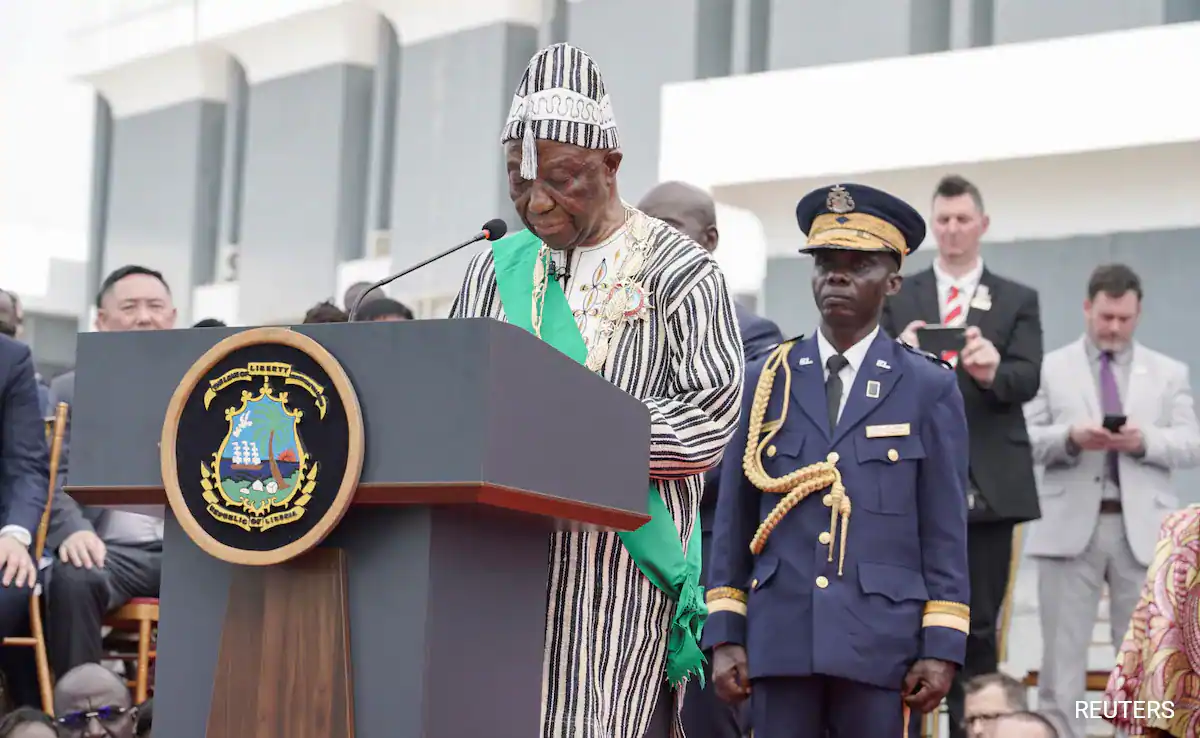Important event planning lessons for event planners worldwide emerged against the backdrop of Liberia’s 2024 presidential inaugural on January 22, 2024, which was characterized by unforeseen challenges.
I was persuaded to emphasize these five essential event planning lessons that should never be disregarded after reading Austin S. Fallah of the New Dawn’s analysis of the story.
Given the analysis already offered, which claimed that the event was marred by poorly planned logistics, inclement weather, and poor execution, the following areas are worth noting by every event planner globally.
1. Context of the event as a Crucial part of event planning lessons
The planned design of the inauguration program—which included a long speech and a rigid dress code—ignored the vital background or context of Liberia’s political situation. The extreme heat and humidity necessitated a more thoughtful approach to the president’s welfare and even that of all other participants. The planners would have been more sensitive to ensuring that the speech was intentionally timed and adjusted to fit the weather conditions.
In addition, event planners must be wise enough not to ignore the context of the event. Hence, you must consider the overall circumstances that determine the background story of the event. The main actors in the event must be protected and not exposed to undue conditions, no matter the storyline.
2. Adaptability is Key
The mishap with President Boakai’s health due to oppressive climatic conditions highlights the necessity for adaptability, largely known as flexibility, in event management. When it comes to event planning, being inflexible in the face of unexpected occurrences and risks undermines not just the event’s success but also the attendees’ safety.
As a crucial part of the event planning lessons as well as a general rule, every planner needs to learn how to be adaptable, which means modifying previously developed plans to take into account local conditions. In other words, event plans are subject to change.
3. Flawless technical execution
Another essential part of the event planning lessons is the technical element. The technical components of every event are meant to enhance engagement and communication with audiences while also assisting in ensuring that every aspect of the event is flawlessly transmitted. A minor glitch in audio output had profound consequences, limiting the global audience’s engagement. This underscores the importance of flawless technical execution to ensure the event’s reach and impact.
Hence, planners must always make sure that technical aspects are managed by experts, with sufficient testing, follow-ups, and simulated performances in addition to the supply of backup equipment.
4. Understand your audience
The 2024 inauguration emphasizes that major national events are not confined to a domestic audience. The world is watching and meticulous planning and execution are paramount to shaping not only international perceptions positively but also the character and proficiency of the president’s protocol.
The truth is, a proper grasp of who your audiences are will help you set other elements in the right proportion and order to meet the demands of satisfying their needs. In essence, the audience should be an integral part of why the event is being held.
5. Developing a strategy for inclusivity
The outcome of President Boaki’s inaugural event further emphasises the need for strategic planning that embraces inclusivity by event planners. It is a commitment to diversity as the “New World Currency,” underscoring the wider impact of events and their role in shaping the organizer’s narrative.
The need for inclusivity is to enable orgainzers to create a safe space for an audience that entails people with different behaviours and preferences, to allow them to express their opinions, freedom and ideas with a sense of responsibility.
In conclusion, the presidential inauguration event in Liberia demonstrates that hosting events that not only represent the progress of the country but also enhance the image of the host nation abroad is a combination of flexibility, smart preparation, and an unwavering commitment to inclusivity.
Austin S Fallah is a Liberian and a US-based professional with the New Dawn, an online news platform in Liberia









